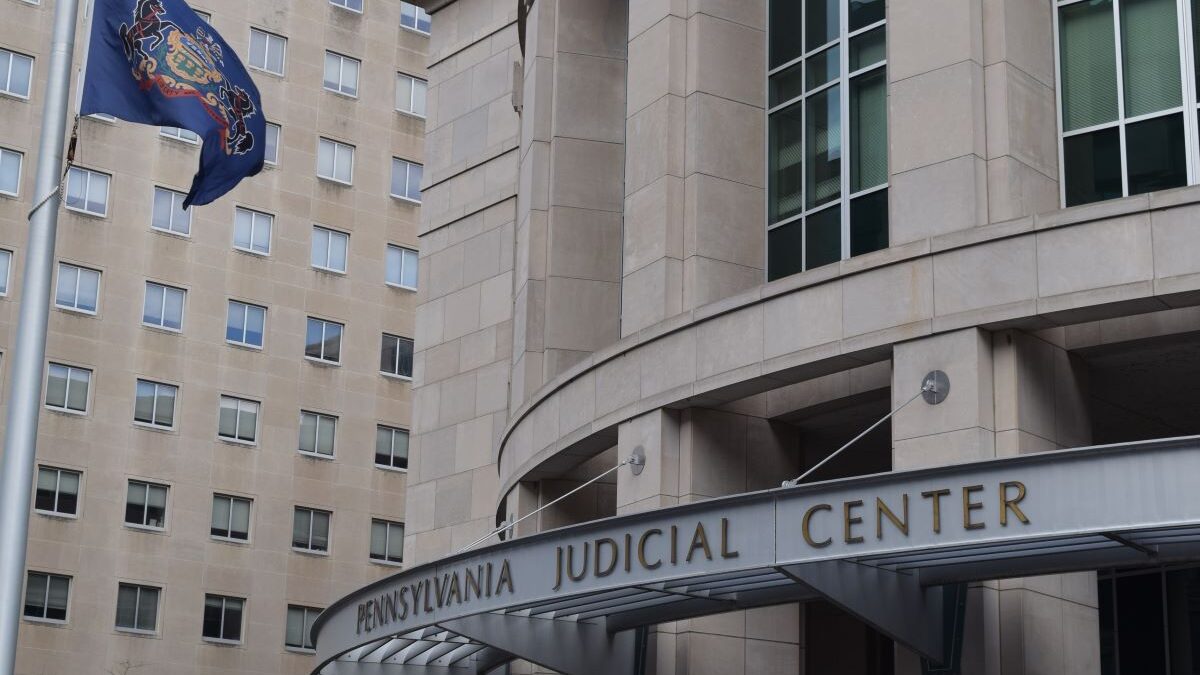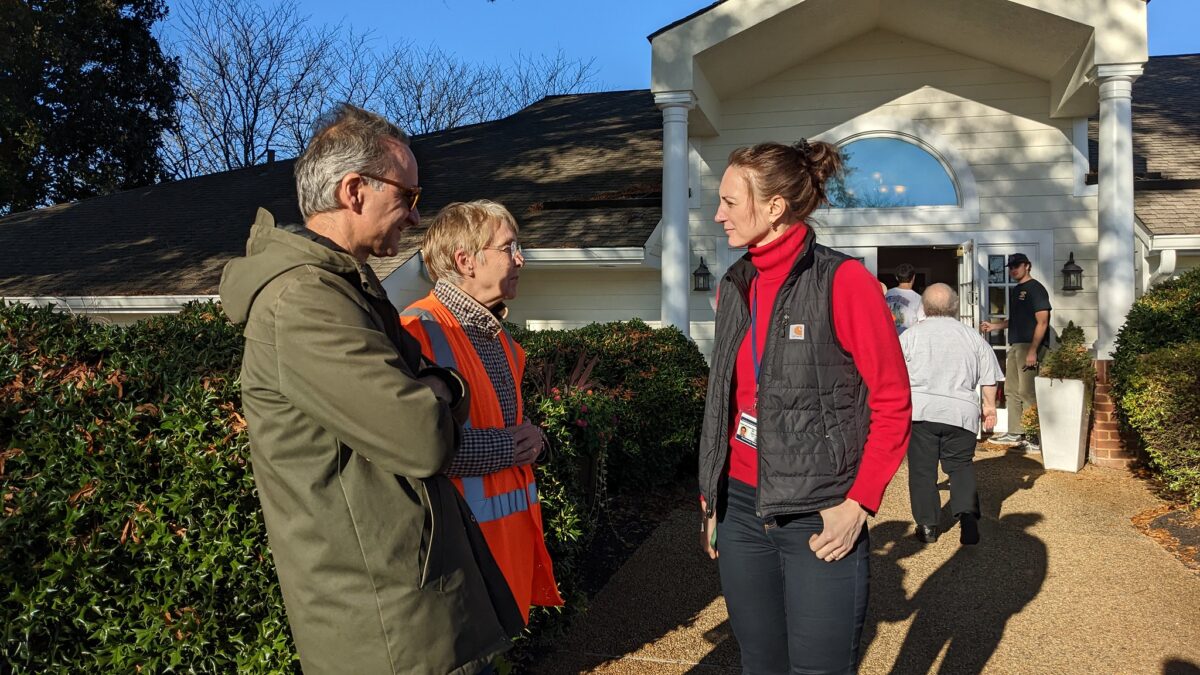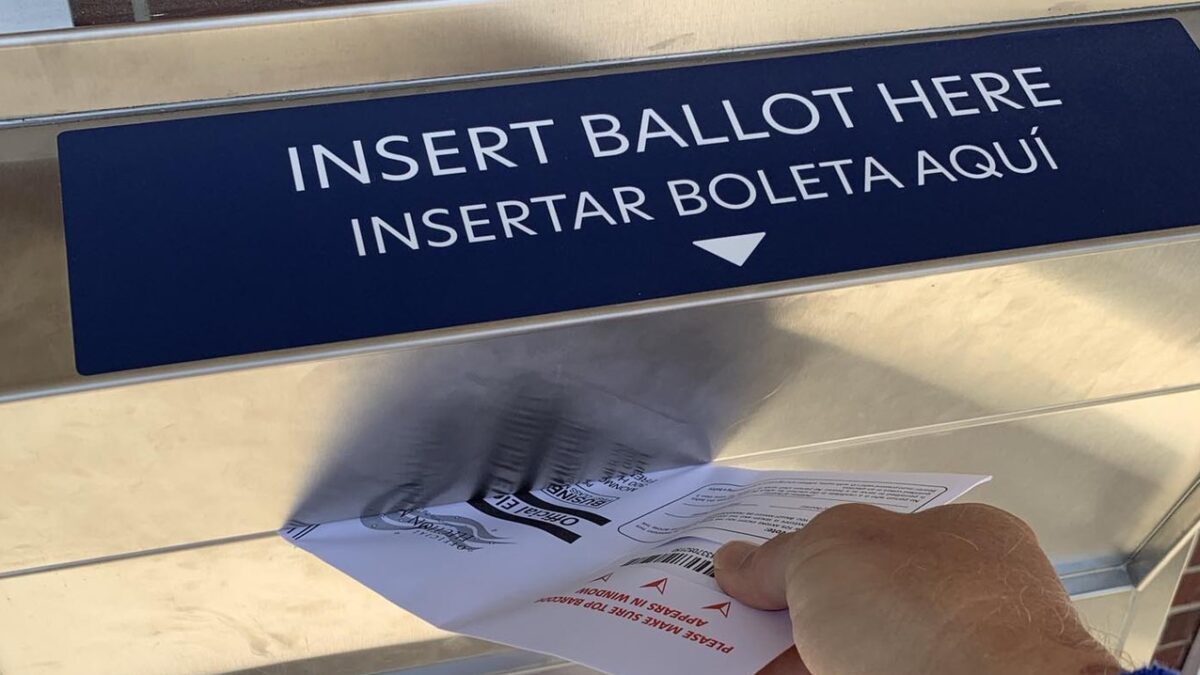In a split decision Wednesday, the Pennsylvania Supreme Court granted voters who improperly cast a “naked” mail-in ballot permission to cast a provisional ballot at their polling place. Three of the seven justices offered dissenting opinions.
To preserve privacy, mail-in ballots are returned in two envelopes: an inner, secrecy envelope, and the outer mailing envelope. Pennsylvania election code requires voters to sign their name and write the date on the outer envelope.
This case started in Butler County where two voters, Faith Genser and Frank Matis, voted by mail in the 2024 primary election. Each put their completed ballots directly inside the mailing envelopes, and did not use the secrecy envelope.
That is a naked ballot. It matters because the name on the exterior of the ballot and the ballot choices can both be seen by the person opening the exterior envelope, destroying the secrecy. It is an incomplete ballot and is not counted.
When the Butler County election board received these ballots, the envelopes were scanned by a machine that measured their dimensions and predicted that both lacked a secrecy envelope, court papers said. Their votes were cancelled for lacking a secrecy envelope, and that was noted in the statewide computer system. This triggered the state computer system to send an automatic notice from the Department of State to each voter involved.
The notice tells the voter his or her ballot will not be counted due to lack of a secrecy envelope.
“After your ballot was received by BUTLER County, it received a new status,” the notice said. “Your ballot will not be counted because it was not returned in a secrecy envelope. If you do not have time to request a new ballot before April 16, 2024, or if the deadline has passed, you can go to your polling place on Election Day and cast a provisional ballot.”
On Primary Election Day, April 23, these voters went to their polling places and cast provisional ballots. Each was told their provisional ballots were not counted. They jointly went to court to request their ballots be counted. They argued they were unlawfully disenfranchised by the board’s decision to reject their provisional ballots.
Pennsylvania legislative rule says a provisional ballot shall not be counted if “the elector’s absentee ballot or mail-in ballot is timely received by a county board of elections.”
The ballots arrived on time. But they were not eligible to be counted. That same section of law says even a provisional ballot without a secrecy envelope shall not be counted.
The majority confirmed a lower court decision; provisional ballots in Pennsylvania will be counted if a voter sends a naked ballot that must be thrown out.
“The Majority finds that electors who submit their mail-in ballots without a secrecy envelope have submitted ‘void mail-in ballots’ [that] cannot be afforded legal effect. Because electors failed to comply with the mandatory secrecy envelope requirement, they failed to cast a ballot.” Dissenting Justice Sallie Updyke Mundy wrote. “Applying this reasoning … the majority opines that ‘as a result of the determination that the secrecy envelope was not used, as a matter of law, no ballot was received by 8 p.m. on Election Day and thus [the timeliness issue] was not triggered.”
She called the majority’s decision to direct the counting of provisional ballots in cases where the electors’ mail-in ballots have been timely received, “an unconstitutional intrusion upon the role reserved to state legislatures by the federal Constitution.”
The Election Code is clear and unambiguous, Justice Kevin Brobson said in his dissent. The county board lacked the authority to count the provisional ballots because the code expressly prohibits the board from counting them.









